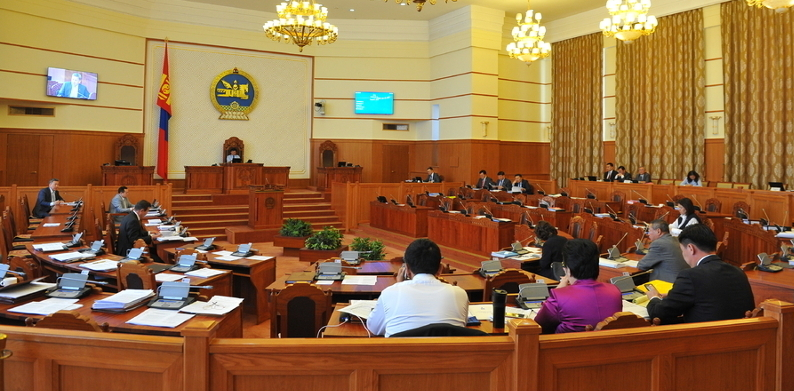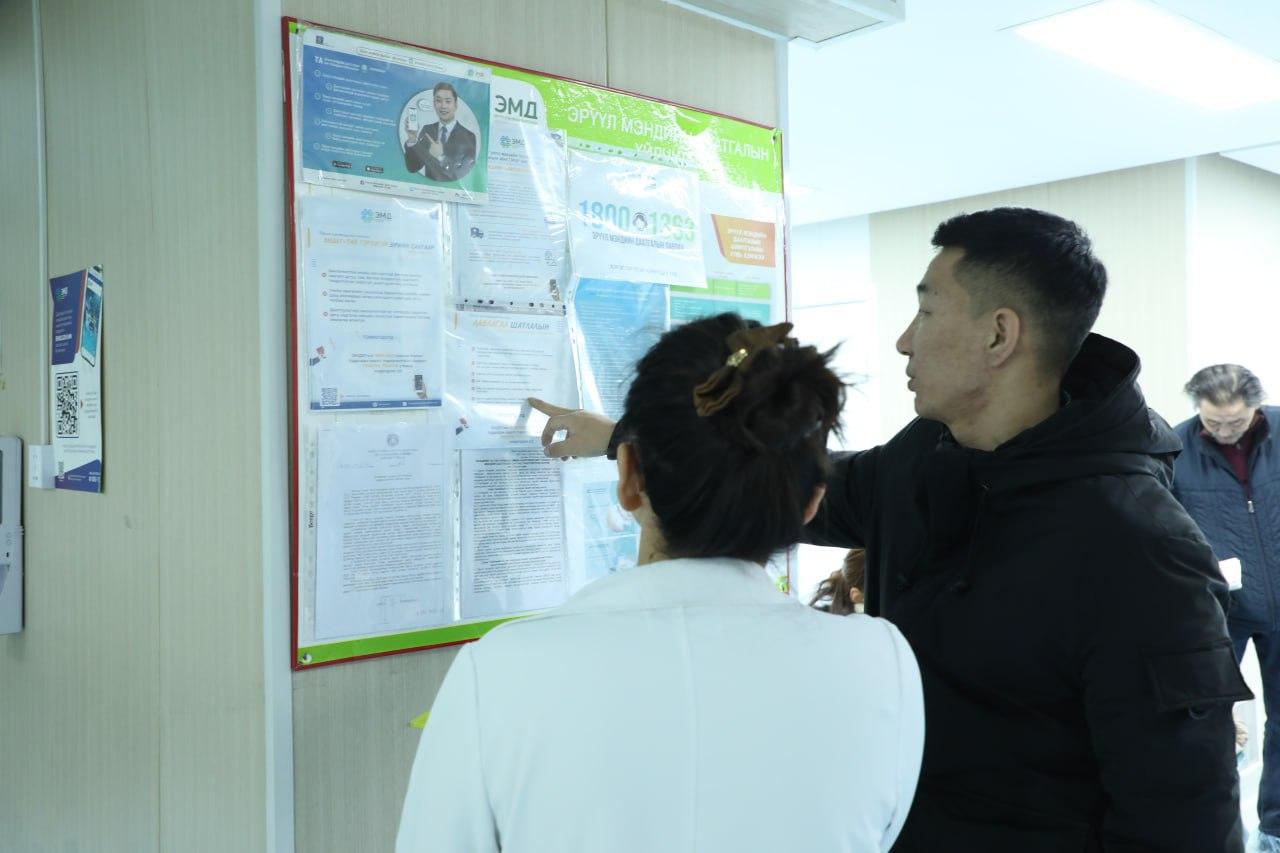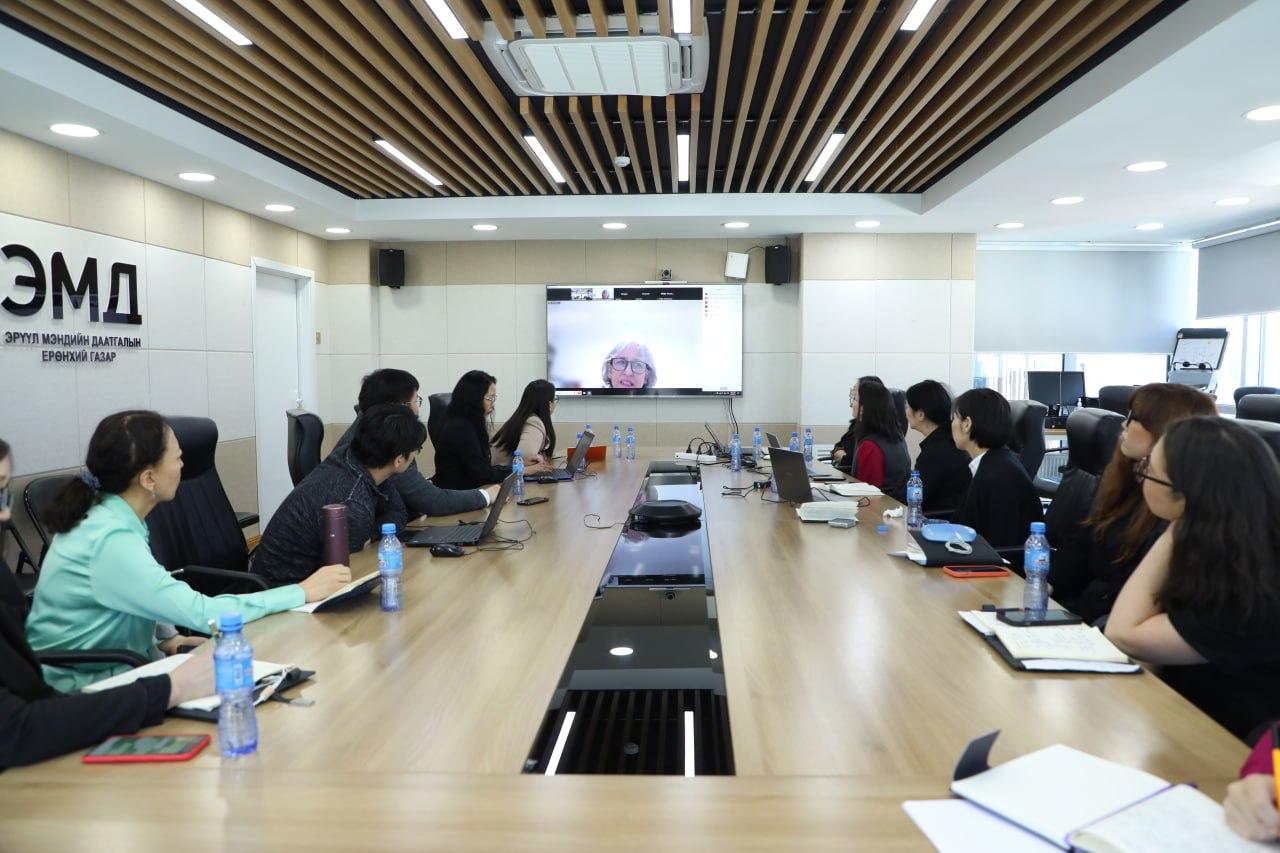In August 2020, The Parliament of Mongolia approved new amendments into the Health insurance law of Mongolia, the Health law of Mongolia, and the Law on Medicine and medical devices of Mongolia. These laws’ amendments are aimed at improving the efficiency of public financial resources for health, enhancing financial protection on health, improving health care quality, and establishing the structure for medicine and medical devices regulation. Law amendments came into force on January 1,2021.
Crucial changes in Health insurance law include:
1. The state-funded health services including obstetric care during the periods of pregnancy, delivery and postnatal care, treatment of tuberculosis, cancer, psychiatric disorders, emergency and ambulance care, primary health care, diagnosis for communicable disease, and other services shall be purchased by the National health insurance scheme. As a result of this law change, the National health insurance scheme is becoming a single purchaser by merging state budget for health and health insurance fund. Within the framework of the implementation of this law amendment, according to the 2021 Budget law, 496 billion tugriks to be spent on state-funded services were transferred to the Health insurance fund. In 2021, the Health insurance fund will purchase an integrated health package that shall be approved by the National Health insurance Board using a total of 1 trillion tugriks.
2. The health insurance benefit package is redefined.
- Sport activity at an accredited sports club was excluded from the health insurance benefit package. This package has been criticized by the public for being included in the health insurance benefit entitlement when the health insurance fund cannot fully responsible for essential health care.
- Prosthesis and orthopedic tools for rehabilitative care and artificial tubes were eliminated from the package because it overlaps with the social welfare package.
- The high-cost health care and its necessary health devices were eliminated because it looks to converge with other health insurance services such as inpatient and out patient. Also, it was debatable how much high-cost services cost.
- The vaccination for communicable diseases and state-funded health services are included in the package.
3. Doctor’s type to prescribe discounted drugs was expanded by doctors who work in secondary andtertiary hospitals. Previously, only primary health doctors have a right to prescribe the discounted drug. It creates unnecessary medical examination at primary health providers and difficulties forthe insured.
4. The state central administrative organization in charge of social insurance (The Ministry of Labor and Social protection) was excluded from official recommendations before a decision draft was submitted to the National health insurance board on crucial decisions such as defining benefit entitlements, its rate, copayment, and payment method. The state central administrative organization in charge of social insurance was the main player in health insurance development from health insurance initiation in 1994 until 2018. In 2018, the Parliament of Mongolia decided to transfer health insurance duties and responsibilities to the Ministry of Health. That’s why the state central administrative organization in charge of social insurance is not necessary for all health insurance issues.
5. The new law amendment accepted to establish a technical committee with the participation ofexperts, researchers, providers, and insured. The technical committee is responsible for evaluating, making a recommendation, and drawing a conclusion for the benefits package, its payment rate, quality assurance, and financial control. The Health Insurance Board must make decisions based on the technical committee’s recommendation.
6. It approved the use of international clinical guidelines on health services in quality and payment monitoring. The National Health Insurance Board shall approve the regulation in quality and payment monitoring. It can be implemented using electronic and other forms. The Health law amendment has few changes related to merging state-funded health services into health insurance benefit package.The Law on Medicine and medical devices established the Central authority for regulation and monitoring of medicines and medical devices.
By Ms Jamsran Gerelmaa, 17 March 2021.




